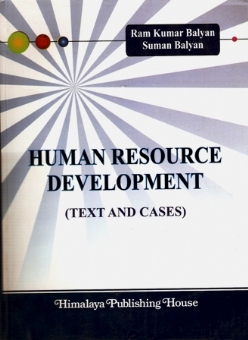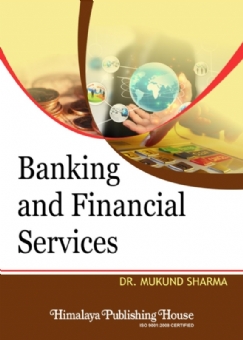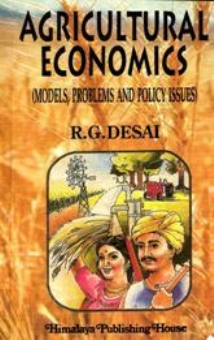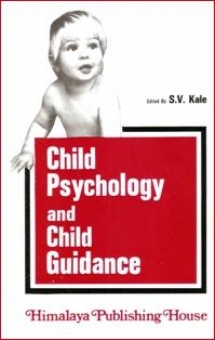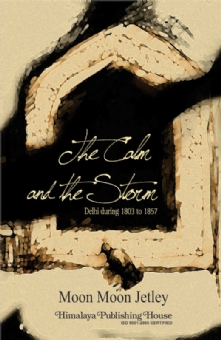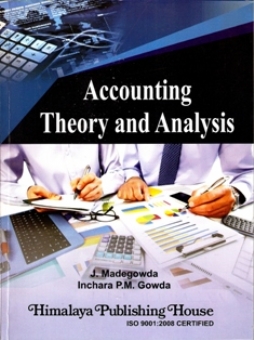Every organisation has been established with certain objectives to achieve them effectively and efficiently by utilising the available resources. All resources are important but out of these the manpower is the most important. It plays an important role in performing tasks for accomplishing the goals. In short, human resource includes the resources of all the people who contribute their services in the attainment of organisational goals and others who contribute their services in the attainment of organisational goals directly or indirectly. It is this human resource which is of paramount importance in the success of any organisation because most of the problems in organisational settings are human and social rather than physical, technical or economic. Failure to recognize this fact causes immense loss to the nation, enterprise and to the individual. In the words of Olivery Sheldon, “No industry can be rendered efficient so long as the basic fact remains unrecognised that it is principally human. In present situation, it is difficult to predict about anything. It is uncertain to say that what will happen tomorrow. Again the need for highly skilled and dedicated manpower is felt who can understand the turbulent situation and give the best output.
In highly turbulent environment, the need for high level of competency has been felt strongly. The existing level is not meeting the requirement of performance. A gap is created by changing global business environment between required and existing level of human resource competencies. It is needed to develop the human resource to get the desired standard of performance to neutralise the competition effect. Focus of HR manager is now on human resource development because it has realized the importance of skilled, motivated and committed employees. Keeping in view competitive situation and increasing importance of competent and motivated human resource, we are inspired for working on topic of human resource development and give to the academicians, practitioners, research scholars and students undergoing management programmes. This book has been authored and it includes the following chapters:
To develop the concepts related to human resource development, HRD process, roles and practice, performance management and appraisal, relations of HRD with OD, knowledge management, career planning and development efforts have been put through intensive study and research with special care. Further, proper attention has been paid to grammar and editing part. If readers find any mistake any where relating to this book, they are requested to inform the authors. This would be highly appreciated and authors would be thankful to the persons who inform.
Contents –
Part I: Introduction to HRD
1. HRD Environment
2. Human Resource Management
3. Human Resource Development
4. Planning and Organisation for Human Resource Development
Part II: HRD Process, Mechanisms and Practices
5. Human Resource Development Process
6. Human Resource Development Mechanisms
7. Roles and Practices of HRD in Organisations
Part III: HRD Applications
8. Role Analysis and Competency in HRD
9. Performance Appraisal
10. Performance Appraisal Process and Methods
11. Assessment Centre
12. 360 Degree Performance Appraisal Method
13. HRD Audit
14. Training
15. Management Development
16. Career Planning and Development
17. Performance Management
18. Workforce Diversity and Human Resource Development
19. Organisation Development and Human Resource Development
20. Knowledge Management and HRD
21. Employees Counselling and Well-being
Part IV: HRD Cases
22. Case Study
23. Bibliography

